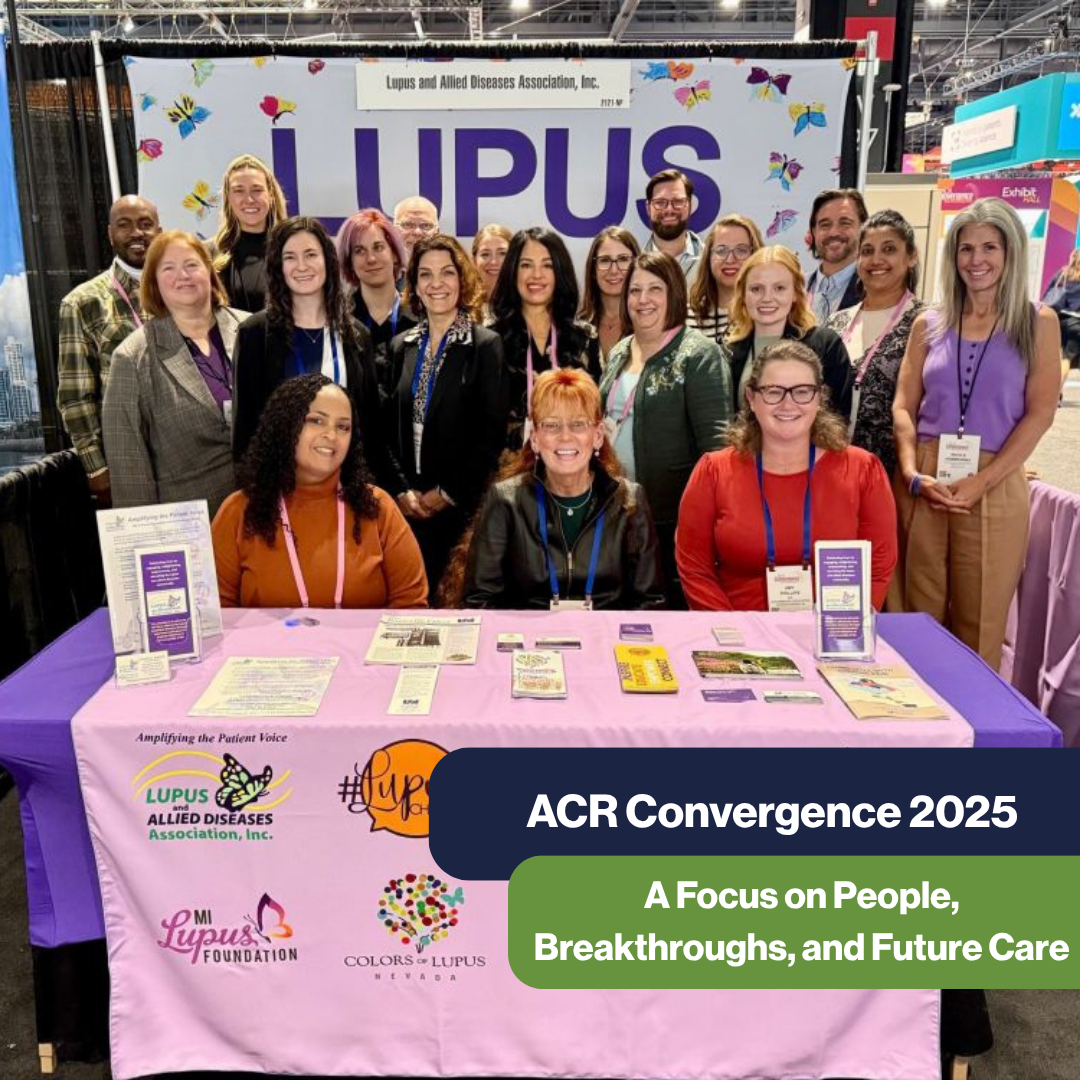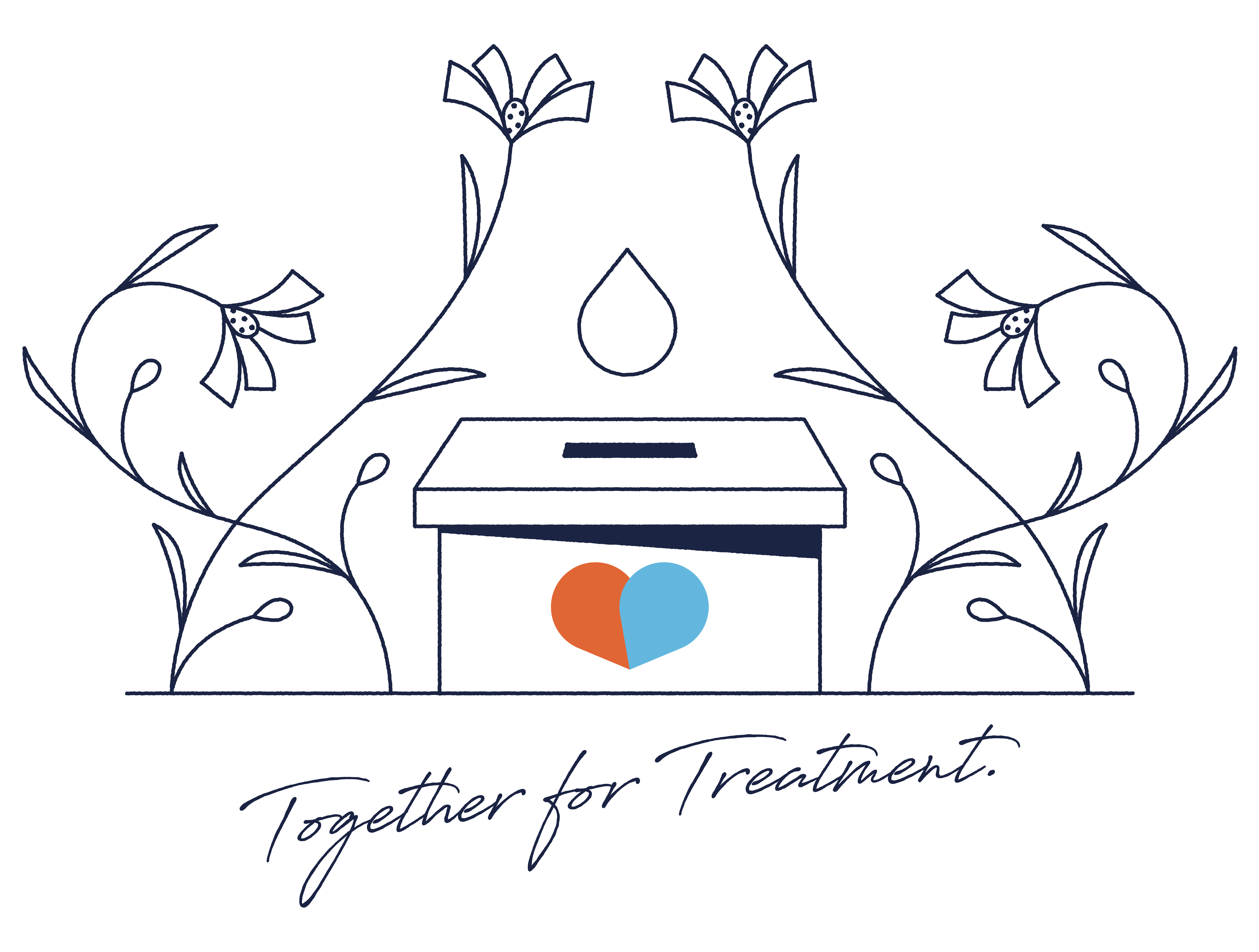Whac-A-Mole Policies
At the Infusion Access Foundation, we often relate our fight for patient access to the game of Whac-A-Mole – an arcade game where the player repeatedly “whacks” a mole that pops up randomly through one of five holes. But instead of walking away from the game with mild amusement or annoyance, the insurance and PBM industry leaves our patient community exhausted and on-edge, waiting for the next “mole” to pop out. Well…we have another mole, and it’s called “alternative funding programs.”
Patient Assistance Programs
An alternative funding program is run by a third-party vendor who sources funds from patient assistance programs (PAPs) to cover the cost of care for an insured person. PAPs are typically run by charitable foundations (often funded by pharmaceutical companies) and serve as financial assistance programs for uninsured or individuals with denied coverage by their commercial plans (we’ll call that under insured). These aforementioned third-party vendors take advantage of PAP funds to cover the cost of certain specialty drugs that an employer-sponsored health plan intentionally does not cover.

Pharmacy Benefit Managers
How this works is pharmacy benefit managers (PBMs), who control formularies (the list of drugs covered by an insurance company), identify costly therapies and recommend that self-funded employer plans exclude coverage for these treatments. If an employee needs one of these uncovered drugs, they are first denied (because their plan technically does not cover the drug) and then the third-party vendor will source financial coverage from a PAP – allowing the employer’s health plan to avoid paying for care. With this process, patients have to experience denial of treatment, share their medical situation with an external third-party, and finally wait to see if an alternative funding source is even available. If it isn’t or a patient assistance program picks up on something shady, some third party vendors are even known to import drugs from outside the United States. {As a note, the non-profit health policy organization, Aimed Alliance sent a letter to the Food and Drug Administration (FDA) Office of Regulatory Affairs and Office of Importation Operations in February of this year alerting the agency that alternative funding programs are illegally importing prescription drugs. The FDA indicated they will look into the matter and take action against those that import illegal products.}

In Plain Language
For lack of a better analogy, it’s as if a student from a wealthy family with access to a homemade lunch or lunch money was told by their parents that they can no longer bring or buy lunch. The parents would instead lie to the school about their financial status and require their child to eat free or reduced lunch. (Disclaimer: the use of that analogy was in no way intended to shame any parents for not making their child lunch today.) In the case of alternative funding, insured patients are forced to use alternative funding that is allocated for uninsured (or underinsured) patients.
Patient assistance programs were not designed to help an employer plan save a few bucks, they were created to help those who really need it. In a STAT News Article, journalist Ed Silverman puts in plainly, “plan sponsors – usually employers that fund their own health coverage – no longer have to pay for medicines. Instead, the pharmaceutical company bears the cost.”
The Infusion Access Foundation’s concern is two-fold. First, denying patients coverage to life-saving drugs and having those patients deal with the inevitable delays is unacceptable for individuals already battling for their lives. And second, the pool of alternative funding will inevitably grow smaller as insured patients enter into competition with uninsured patients for already scarce funding. Not to mention, pharmaceutical companies may even consider ending any and all PAPs if the trend continues. In a recent report from Pharmaceutical Strategies Group titled, Trends in Specialty Benefit Design, the survey found that 8% of plans are already using alternative funding programs and 31% are “exploring use of an alternative funding program.”

Advocacy
The PAN Foundation and other patient advocacy groups have already come out in opposition to these programs and are encouraging lawmakers to take notice. The Infusion Access Foundation plans to make this a top advocacy priority, and we will work together with our fellow patient and provider groups to monitor and hopefully put an end to these programs.

Your Voice Matters – Recent Wins!
In other news, the Infusion Access Foundation managed to “whac” one mole in the state of Texas. On Saturday, June 10, Governor Greg Abbott signed HB 999 into law, making Texas the 19th state to ensure all copays count. As a leading member of the Texas All Copays Count Coalition, the Infusion Access Foundation, alongside our patient advocacy colleagues, worked tirelessly to educate legislators about the impact of copay accumulator policies and the importance of this legislation. We dedicate this success to the 160+ Texas patient advocates who participated in our grassroots campaigns and to the several who accompanied us on visits to key lawmakers at the capitol. This is a huge win for TX infusion patients!








